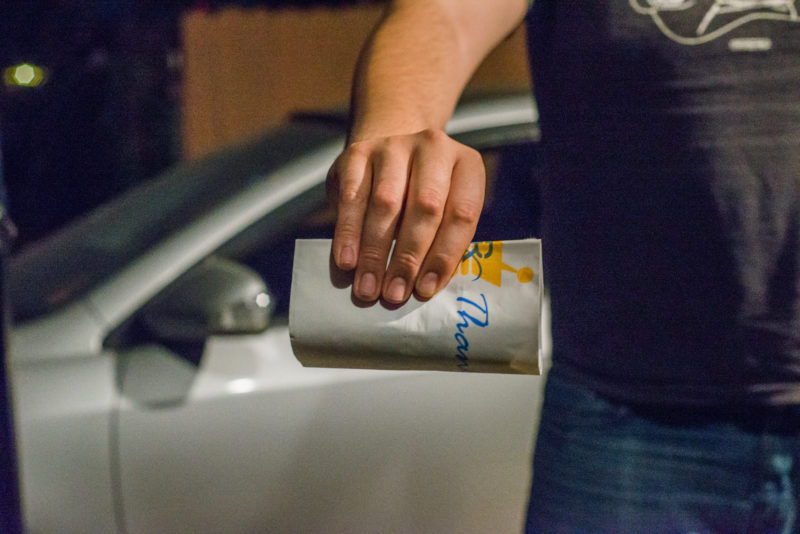
This post originally appeared in the July 20 Sacramento Report.
California officials say new marijuana regulations should be seen as technical tweaks, but at least one provision is a potential game-changer for the industry.
Most municipalities in California continue to ban marijuana in some form. The proposed rules laid out late last week by the Bureau of Cannabis Control would allow existing retailers to make deliveries in any municipality, regardless of whether local officials allow it.
If the rule survives, it would effectively overturn prohibitions in places like unincorporated San Diego County, giving patients and consumers a way to buy marijuana without leaving their homes.
There are licensed medical marijuana dispensaries operating in the county, but the Board of Supervisors last year told them to close by 2022.
County spokespeople didn’t return a request for comment. But Gregg Fishman, communications coordinator for the California State Association of Counties, which lobbies on behalf of San Diego County and others, said the new rules for delivery services should have been approved through the normal legislative process – not by regulators – because it represents an amendment to Proposition 64.
The public has until late August to comment. The state could revise the rules before they become permanent at the end of the year.
Not all deliverers were excited by the news – some question what the changes mean for their own bottom lines over the long-term.
On the one hand, the state is no longer requiring drivers to make single stops, which add up.
“It’s not profitable to have a driver on the road and pay them to go back and forth after each delivery,” said Manny Biezunski, a member of the San Diego Cannabis Delivery Alliance.
Instead, they’ll be allowed to carry up to $10,000 worth of supplies.
That rule, and others, had the support of some of the state’s biggest marijuana technology companies. As third-party players who connect retailers and consumers, those companies don’t require a license. But they’ve laid down enough infrastructure and collected lots of customer data, Biezunski said, that they could eventually dominate the marketplace.
Yet the new rules do provide local activists and industry professionals with some leverage over City Councils that remain reluctant to lift bans on commercial marijuana sales. Those sales are going to happen anyhow – with none of the tax revenue that would come with handing out a few licenses of their own.
Other major changes to statewide marijuana regulations could include:
Dosage
People with a medical recommendation will be able to purchase products with higher levels of THC, the psychoactive compound in marijuana.
The current rules prohibit retailers from selling packages of edibles that contain more than 100 milligrams. Under the new regulations, card-carrying consumers can buy dissolving edibles, such as lozenges or mouth strips, that have up to 500 milligrams, the Mercury News reported.
Activists say patients who suffer from cancer and other serious illnesses need significantly higher doses to deal with severe pain.
Marketing
Dispensaries won’t be able to give away product and can’t engage in advertising that could be considered appealing to minors. That includes toys, inflatables, movie characters and cartoon characters.
Outdoor ads would need to be attached to a building or permanent structure.
